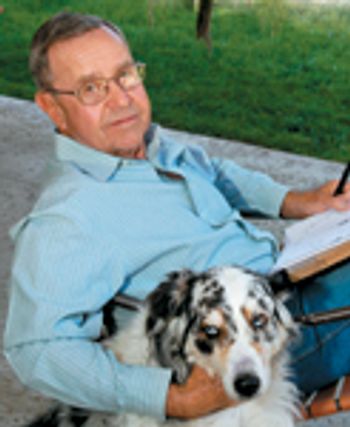
I was a practicing veterinarian for 32 years. In all that time, I was never sued for malpractice. Did I ever make a mistake? Of course.

Dr. Miller is an author and a cartoonist, speaker, and Veterinary Medicine Practitioner Advisory Board member from Thousand Oaks, Calif. His thoughts in "Mind Over Miller" are drawn from 32 years as a mixed-animal practitioner.

I was a practicing veterinarian for 32 years. In all that time, I was never sued for malpractice. Did I ever make a mistake? Of course.
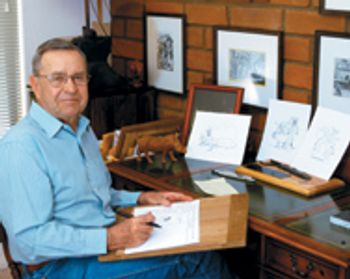
When I meet a colleague for the first time, the question I am asked most commonly is "When did you start cartooning?"
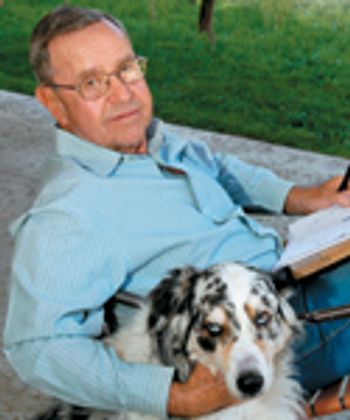
I wonder if the loss of camaraderie and fellowship in the profession is due to the diminishing role of the auxiliary.
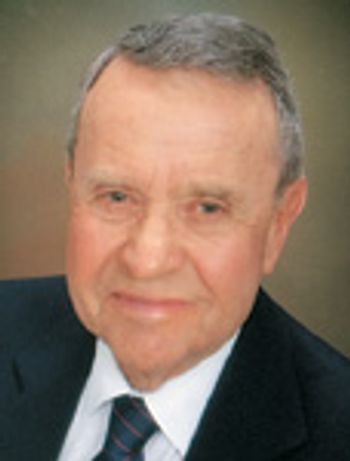
Not long ago, I received a promotional piece in the mail that touted the benefits of natural healing and alternative medicine for dogs.
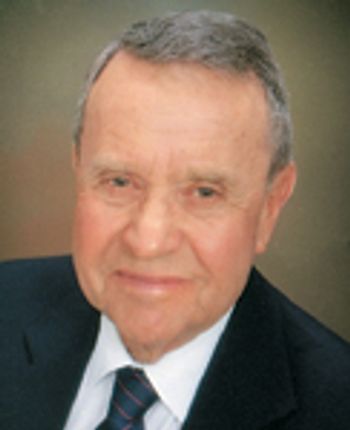
I always assumed that the success of my practice was due to diligence, integrity, and dedication to service.
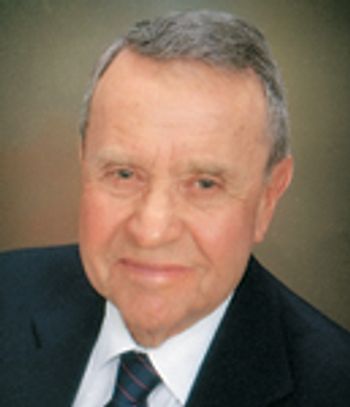
When I moved to the Conejo Valley in California's Ventura County in 1957, the valley had never had a resident veterinary practitioner. Back then, the human population was small, limiting the number of available small-animal patients. However, there were thousands of beef cattle and horses in the area and, intriguingly, an abundance of exotic animals.
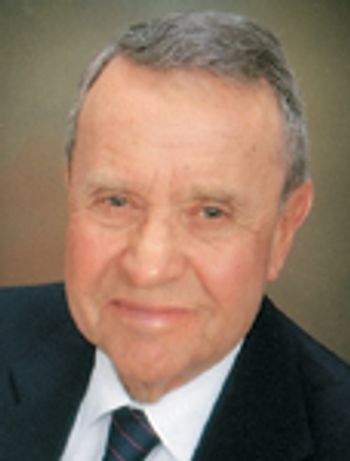
Dr. Robert M. Miller recounts one memorable Halloween and a sudden emergency visit.
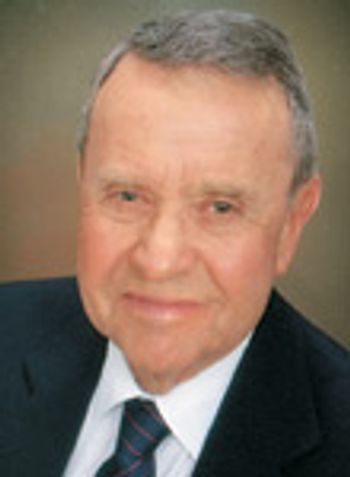
Back when everything was handwritten, we used only a few abbreviations.
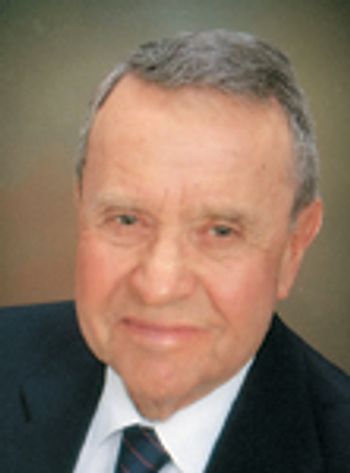
Now that we are well into the 21st century, forecasts uttered decades ago seem to have become reality. The world population explodes toward seven billion. And most people live in huge cities, thanks to modern technology.
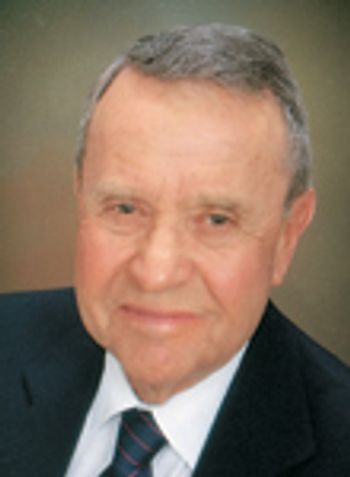
In the May issue, I briefly told my mother's life story and related that my grandparents were immigrants. There is more to this story.
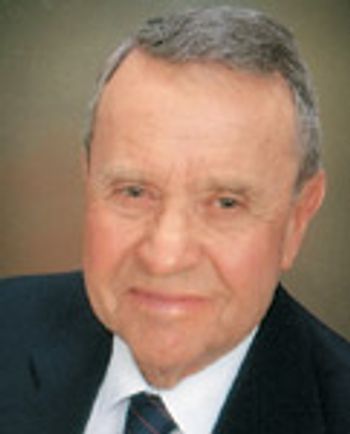
Dr. Dean Hendrickson, a veterinary surgeon at Colorado State University, is part of a team that has been performing vasectomies on wild elephants in overpopulated South African game reserves. The idea is to sterilize the dominant bulls, which will then breed with the female elephants without impregnating them.
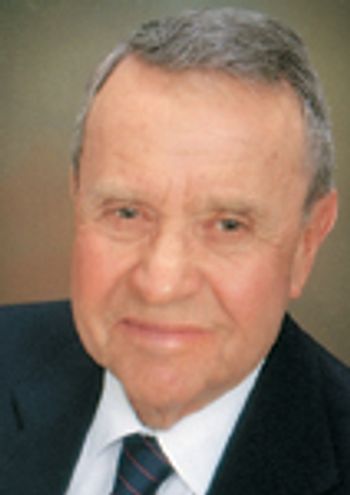
When I was a boy, most Americans resided in rural communities. And most of our schoolbooks, probably written in the late 19th century, featured stories about cows, milkmaids, geese, Chicken Little, cornfields, and so on.
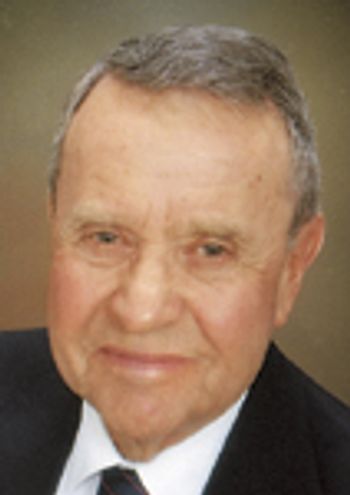
I don`t watch many of the popular television channels, but one I do enjoy is Animal Planet.
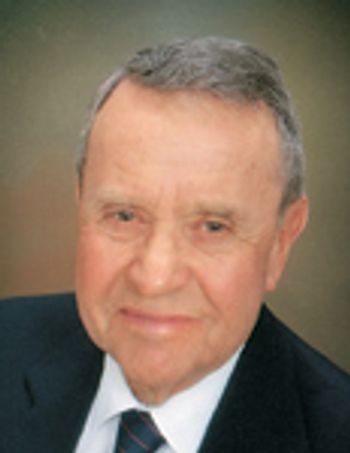
The 143rd American Veterinary Medical Association (AVMA) convention will be held in Honolulu, July 15 through 19. This will be the first time the AVMA has met in Hawaii, and I am pleased.
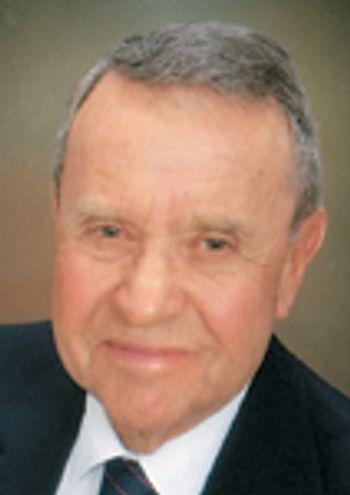
I love dogs. I always have. Interestingly, I've never been bitten by a dog, despite a career in veterinary medicine and jobs in a dog pound, a pet shop, and a kennel.
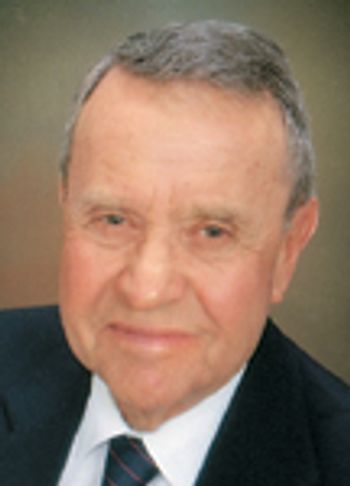
One of the strongest and most destructive human emotions is denial. And in veterinary practice, especially companion-animal practice, we see denial every day.
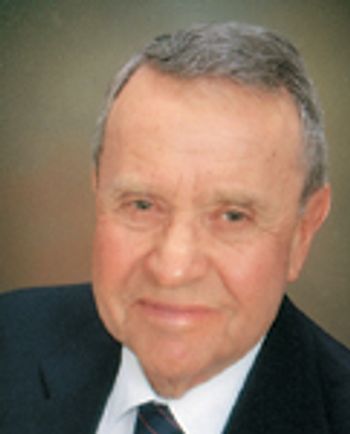
Practitioners are blessed if they have a good sense of humor. The stress, frustration, disappointment, and turmoil of daily practice are greatly mollified when viewed through the prism of humor.

One of the peculiarities of medical training is that the students cannot understand which of the myriad diseases they study are commonplace and which are exotic.
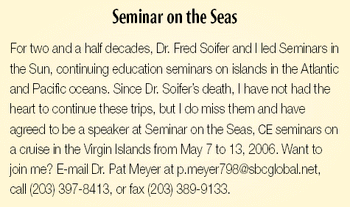
When I was in college, I spent summer vacations taking tourists on horse pack trips in the Rocky Mountains. During that time, I was asked some incredibly stupid questions. So when I travel, I like to ask tour guides what the dumbest questions they've ever been asked are. The usual response is "You wouldn't believe me!" I always tell them, "Oh, yes, I would."

Practice consultants often recommend linking associates' pay to their performance. That is, pay them a percentage of the income they generate. I disagree emphatically. Why? Because it creates a conflict of interest and may influence doctors to run unnecessary tests or even to perform questionable surgical procedures.
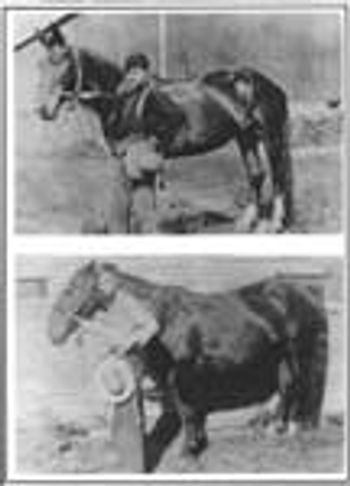
My father watched me present a credit card to the service station attendant. The Christmas visit to my parents' home in Arizona was over, and I was filling my camper with fuel for the drive back to California. This was in 1972 B.C. (Before Crisis).

I was thrilled when the FDA cracked down on supplements containing ephedra last year, the first such action against a supplement. Although the recent overturning of the ban in Utah by a federal court is disappointing, I still hope the FDA's decision will pave the way for an industry gone amuck.
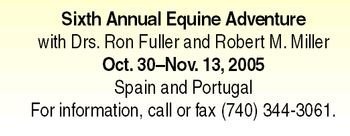
When I started practicing, the most common cause of death in older dogs was chronic interstitial nephritis.
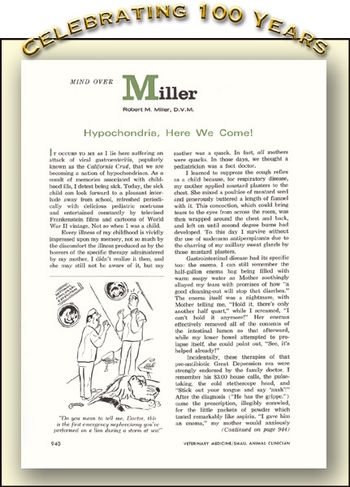
It occurs to me as I lie here suffering an attack of viral gastroenteritis, popularly known as the California crud, that we are becoming a nation of hypochondriacs.
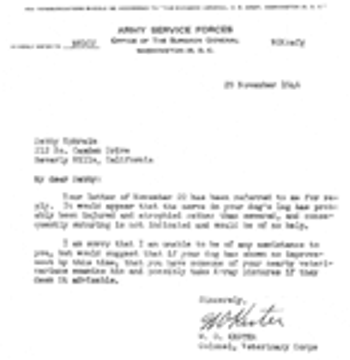
Dr. Miller shares his personal recollections of this important veterinary leader.

Inspector: I'm from the State of California Animal Hospital Inspection and Veterinary Staff Competence Evaluating Committee (S.C.A.H.I.V.S.C.E.C., for short), and I'm here to inspect your facility.

As we age, we tend to be unaware of our advancing years. Even as we stiffen and suffer aches and pains, we still think of ourselves as young.

Long before my father was born, the world must have marveled at the steam engine.

It is inevitable that the United States will eventually have socialized medicine, as many other industrialized capitalist nations already have.

Gentle pressure can comfort, calm, reassure, and increase receptivity.